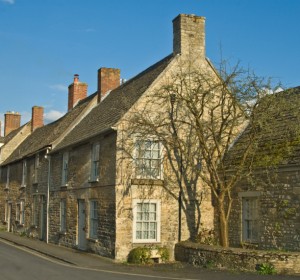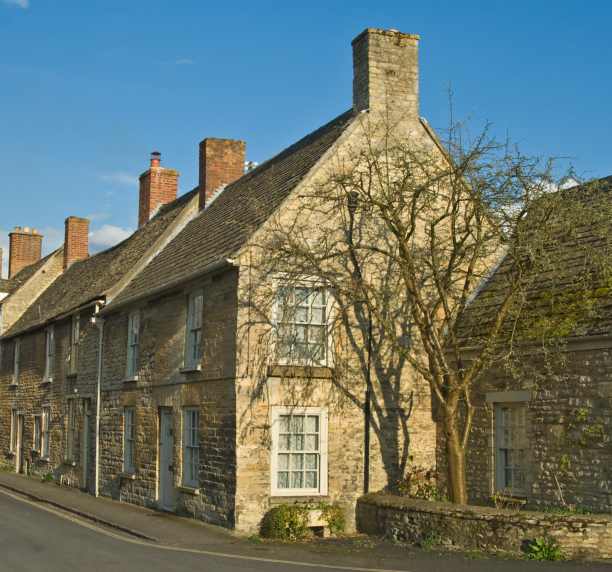The average house price rose by 8.8 per cent in January compared with the same time last year and on a monthly basis went up 0.7 per cent so are now around 4 per cent below their 2007 peak.
 The latest figures from Nationwide show that January was the thirteenth consecutive month of house price rises taking the average home to £176,491.
The latest figures from Nationwide show that January was the thirteenth consecutive month of house price rises taking the average home to £176,491.
Robert Gardner, Nationwide’s chief economist, said: “The housing market is continuing to gather momentum on the back of further solid gains in employment, record low mortgage rates and rising confidence.
“There have been encouraging signs that activity levels in the housing market are also gradually returning towards more normal levels. According to HMRC, the total number of housing transactions increased to 103,000 in December, 30 per cent higher than the same month in 2012. The pickup in activity appears to be fairly broad-based, and it is encouraging that first time buyers are a key driving factor behind the upturn.”
First-time buyers activity picking up
First-time buyer numbers have been rising strongly in recent quarters. In the third quarter of last year there were 73,700 first-time buyers, up 32 per cent compared with the same period in 2012 and accounted for around 44 per cent of activity – close to an all-time high as a share of lending activity.
Gardner continued: “First time buyers are the lifeblood of the housing market. As well as accounting for a significant proportion of housing transactions (historically around 40 per cent of transactions involving a mortgage), they also play an important role in the wider market, for example in helping to complete chains, enabling those that already own a property to move.
“At present, the typical first-time buyer home costs 4.6 times average earnings. While this is above the 20 year average of 3.6 times earnings, it is well below the highs of 5.4 recorded in 2007.
“Moreover, thanks to the decline in interest rates, lower house prices (currently 4 per cent below their 2007 peak) and a modest increase in nominal earnings, the typical mortgage now accounts for around 19 per cent of borrowers’ average monthly earnings, below the 24 per cent recorded before the financial crisis and slightly below the long term average.”
Borrowers are lengthening the term of their mortgage, with 52 per cent of mortgages currently over 25 years, up from 40 per cent in 2007, while a typical first-time buyer is still putting down a 20 per cent deposit.
Gardner concluded: “More than a million first-time buyers have entered the market since the Bank Rate was cut to a 300 year low in early 2009, many of whom have yet to experience a hike in interest rates. While we do not expect interest rates to rise until mid-2015, borrowers should be prepared for the prospect of interest rates increasing back towards more normal levels.”








